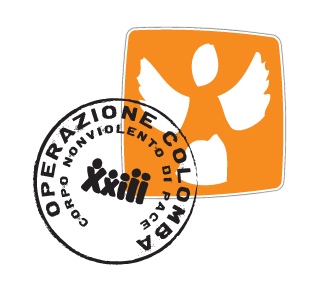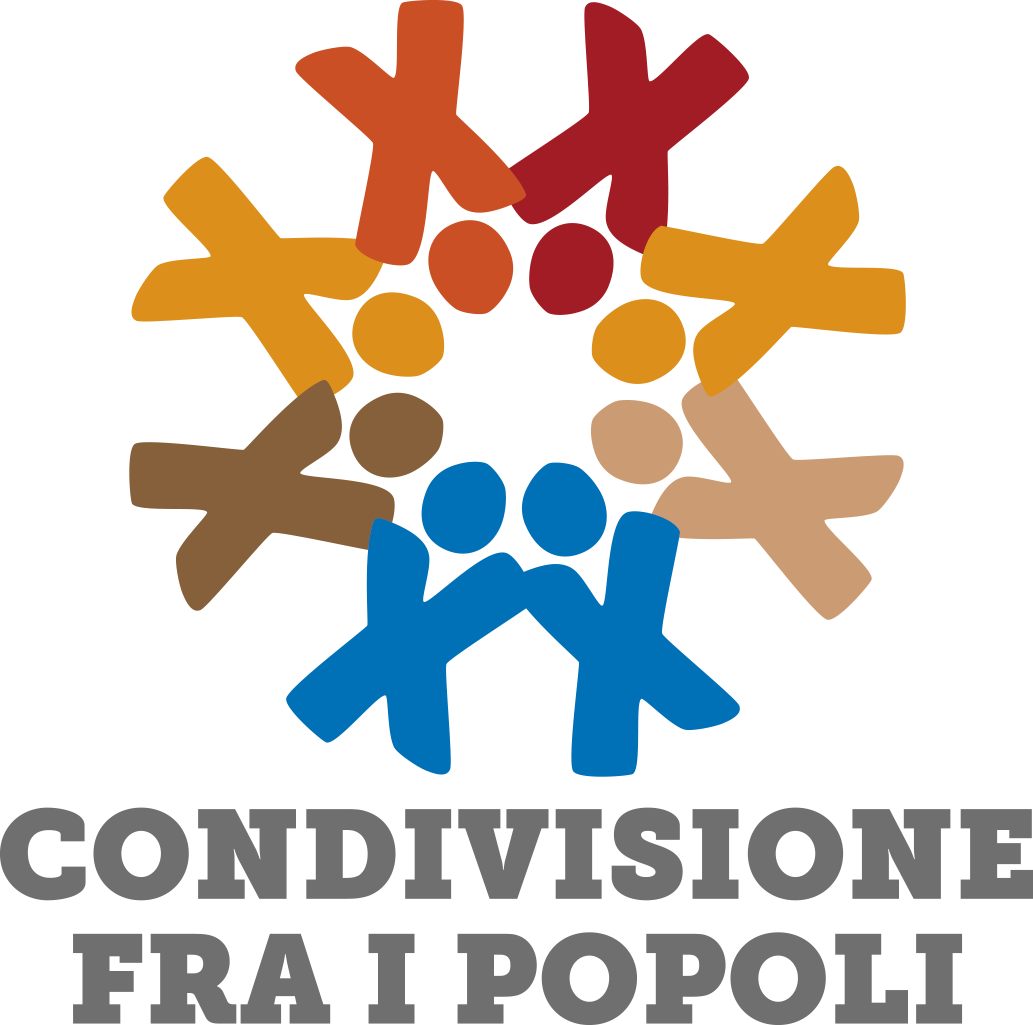Amnesty International Report deeply details also the situation in Israel and the Occupied Palestinian Territories (pages 207-211). We would like to emphasize the passages more related to our activities on the ground.
The report starts with a general overview of the situation: “June marked 50 years since Israel’s occupation of the Palestinian Territories and the start of the 11th year of its illegal blockade of the Gaza Strip, subjecting approximately 2 million inhabitants to collective punishment and a growing humanitarian crisis. The Israeli authorities intensified expansion of settlements and related infrastructure across the West Bank, including East Jerusalem, and severely restricted the freedom of movement of Palestinians. Israeli forces unlawfully killed Palestinian civilians, including children, and unlawfully detained within Israel thousands of Palestinians from the Occupied Palestinian Territories (OPT), holding hundreds in administrative detention without charge or trial. Torture and other ill-treatment of detainees, including children, remained pervasive and was committed with impunity. Israel continued to demolish Palestinian homes in the West Bank and in Palestinian villages inside Israel, forcibly evicting residents. Conscientious objectors to military service were imprisoned”.
Background
On the background, we could say that the general situation worsened from a human rights violations point of view. Which is very worrying considering that the starting point was not bright at all. Specifically, Israeli authorities intensified settlement expansion and land appropriation in the OPT. International community efforts to restart negotiations failed, and Israeli-Palestinian relations remained tense. For what it concern the settlements, in January, Israel passed the so-called “regularization law” that retroactively legalized the settler takeover of thousands of hectares of privately owned Palestinian land and an estimated 4,500 settler homes. In addition, contrary to the best auspices, Israeli authorities announced and issued tenders for tens of thousands of new settlement units in East Jerusalem and across the rest of the West Bank. We would like to recall that freezing the settlement expansion is one of the condition for reviving negotiations.
On the other side is correct to underline that Palestinians carried out stabbings, car-rammings, shootings and other attacks against Israelis in the West Bank and in Israel. But at the same time it is needed to emphasize the excessive use of force by Israel. Indeed, “the attacks, mostly carried out by individuals unaffiliated to armed groups, killed 14 Israelis and one foreign national. Israeli soldiers, police and security guards killed at least 75 Palestinians from the OPT and five Palestinians with Israeli citizenship. Some of those killed were shot while attacking Israelis or suspected of intending an attack. Many, including children, were shot and unlawfully killed while posing no immediate threat to life. Israeli forces, including undercover units, used excessive and sometimes lethal force when they used rubber-coated metal bullets and live ammunition against Palestinian protesters in the OPT, killing at least 20, and injuring thousands. Many protesters threw rocks or other projectiles but were posing no threat to the lives of well-protected Israeli soldiers when they were shot. In July, in response to the tensions over Temple Mount/Haram al-Sharif, the authorities killed 10 Palestinians and injured more than 1,000 during the dispersal of demonstrations, and conducted at least two violent raids on al-Makassed hospital in East Jerusalem”.
Freedom of Movement
An important action was taken in March, by the UN Economic and Social Commission for Western Asia that issued, then withdrew, a report determining Israel to be “guilty of the crime of apartheid” against Palestinians. After that, in May, a UNESCO resolution reaffirmed the occupied status of East Jerusalem and criticized Israel’s conduct in the city.
Right to Housing – Forced Evictions and Demolitions
The report underline also the Israeli violations of the right to housing. Indeed, “in the West Bank, the Israeli authorities carried out a large number of demolitions of Palestinian property, including 423 homes and structures built without Israeli permits that remained virtually impossible for Palestinians to obtain, forcibly evicting more than 660 people. The Knesset passed a law in April that raised the fines for building without permits, charging punitive costs for the demolition to those whose homes have been demolished, and limited recourse to the courts for those challenging demolition or eviction orders”.
Even the situation in the State of Palestine is not bright. Amnesty International report details also about it (pages 292-294). For the work we carry on, we have decided not to address it, because our presence is in the Occupied Palestinian Territories.


 OPERAZIONE COLOMBA
OPERAZIONE COLOMBA
